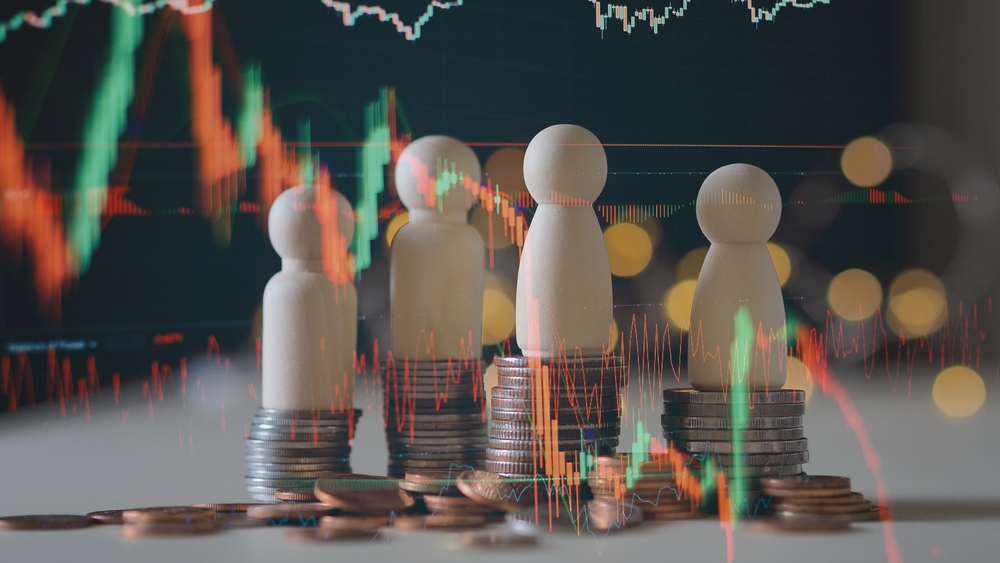A sudden strike on Iran’s nuclear sites has ignited fears of spiking oil prices and renewed global financial volatility. Experts warn of inflation and delayed interest rate cuts if the crisis escalates.
Others are reading now
Global markets are bracing for impact after the U.S. launched a surprise military attack on Iran’s nuclear facilities.
While President Donald Trump hailed the move as a “spectacular military success,” economists and analysts are warning of far-reaching economic consequences.
The initial shock could trigger sharp increases in oil prices, drive investors toward safer assets, and spark widespread uncertainty.
Volatility Expected as Oil Prices Surge
As reported by HotNews, the attack may lead to an impulsive market reaction once trading resumes. Investors anticipate a sell-off in equities and a flight to safety, including demand for the U.S. dollar and treasury bonds.
Also read
“Markets will initially be alarmed and oil will likely open higher,” said Mark Spindel, CIO at Potomac River Capital.
He stressed the uncertainty ahead, noting that the full extent of the damage remains unclear and could fuel additional volatility.
Worst-Case Scenario: Oil at $130 per Barrel
Oxford Economics had already modeled scenarios before the strike, including a shutdown of Iranian oil exports and closure of the Strait of Hormuz.
In the most extreme projection, Brent crude could soar to $130 a barrel, pushing U.S. inflation close to 6% by year-end. This would likely derail any hopes of interest rate cuts, according to their investor note.
Jack Ablin of Cresset Capital noted that the geopolitical escalation introduces a new layer of risk, especially regarding inflation.
Rising energy prices could strain household budgets and undercut consumer confidence.
While some analysts, like Jamie Cox of Harris Financial Group, expect eventual stabilization, others caution that a prolonged crisis could harm an already fragile global economy, still absorbing the aftershocks of past tariffs and inflationary pressures.


